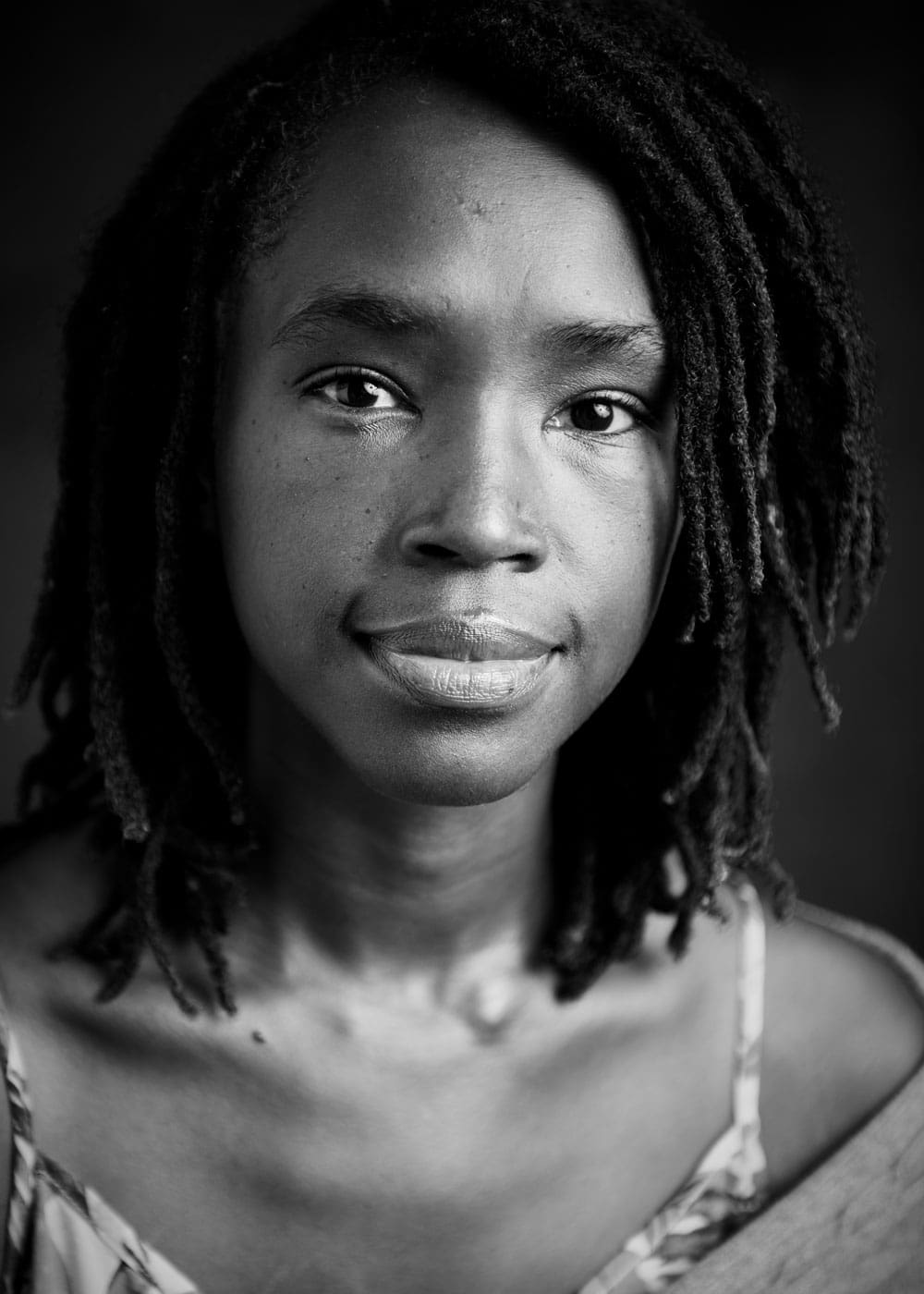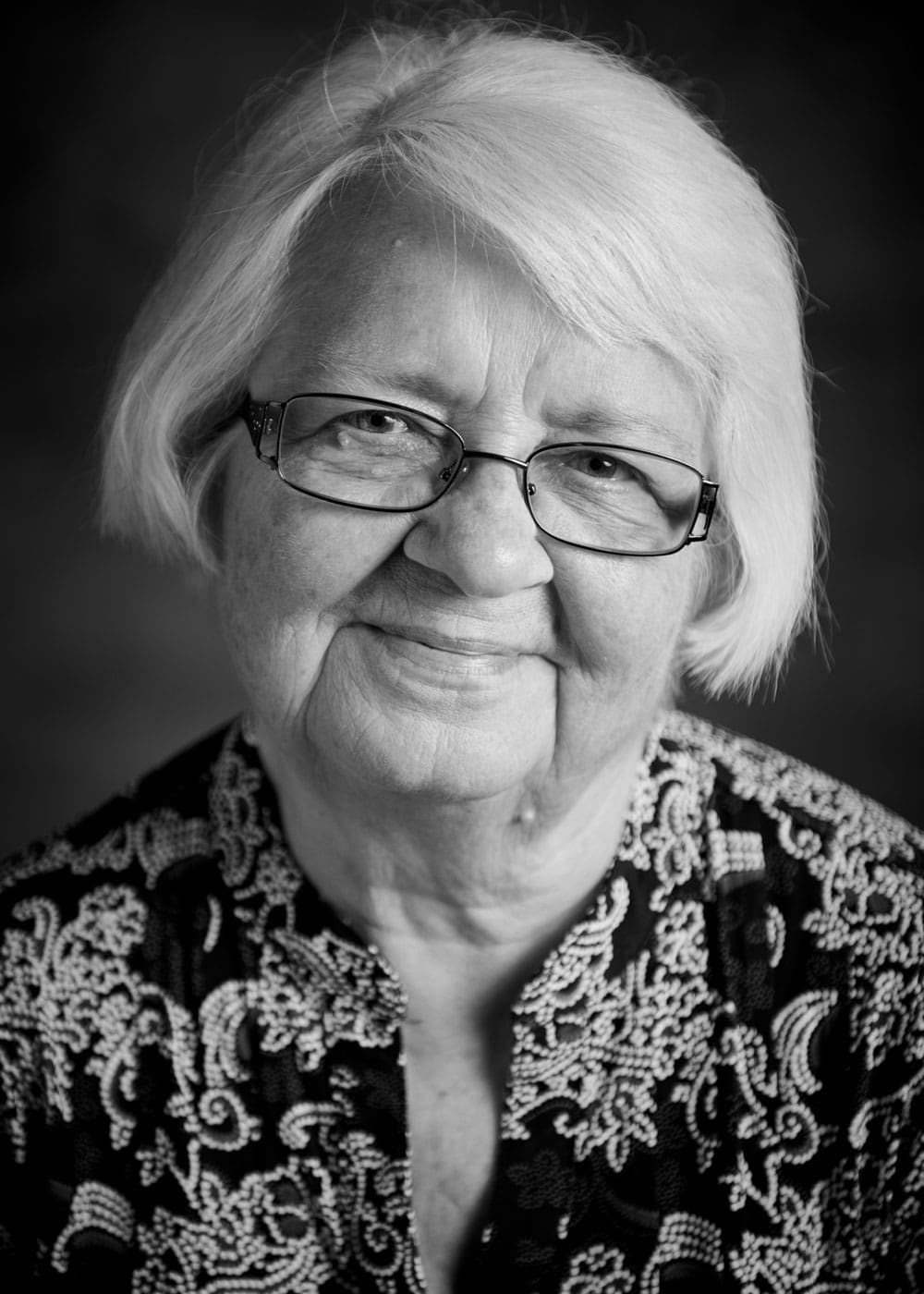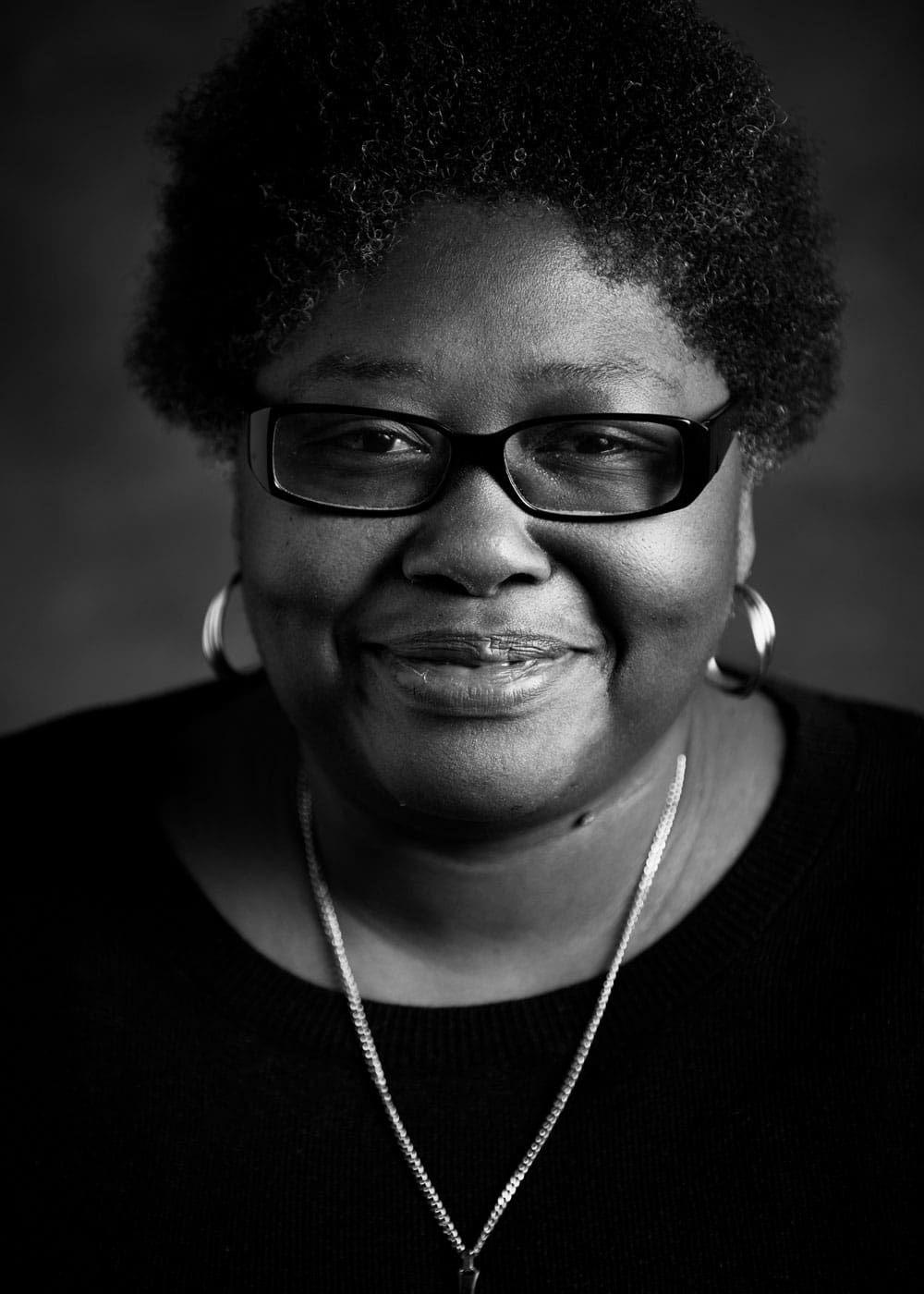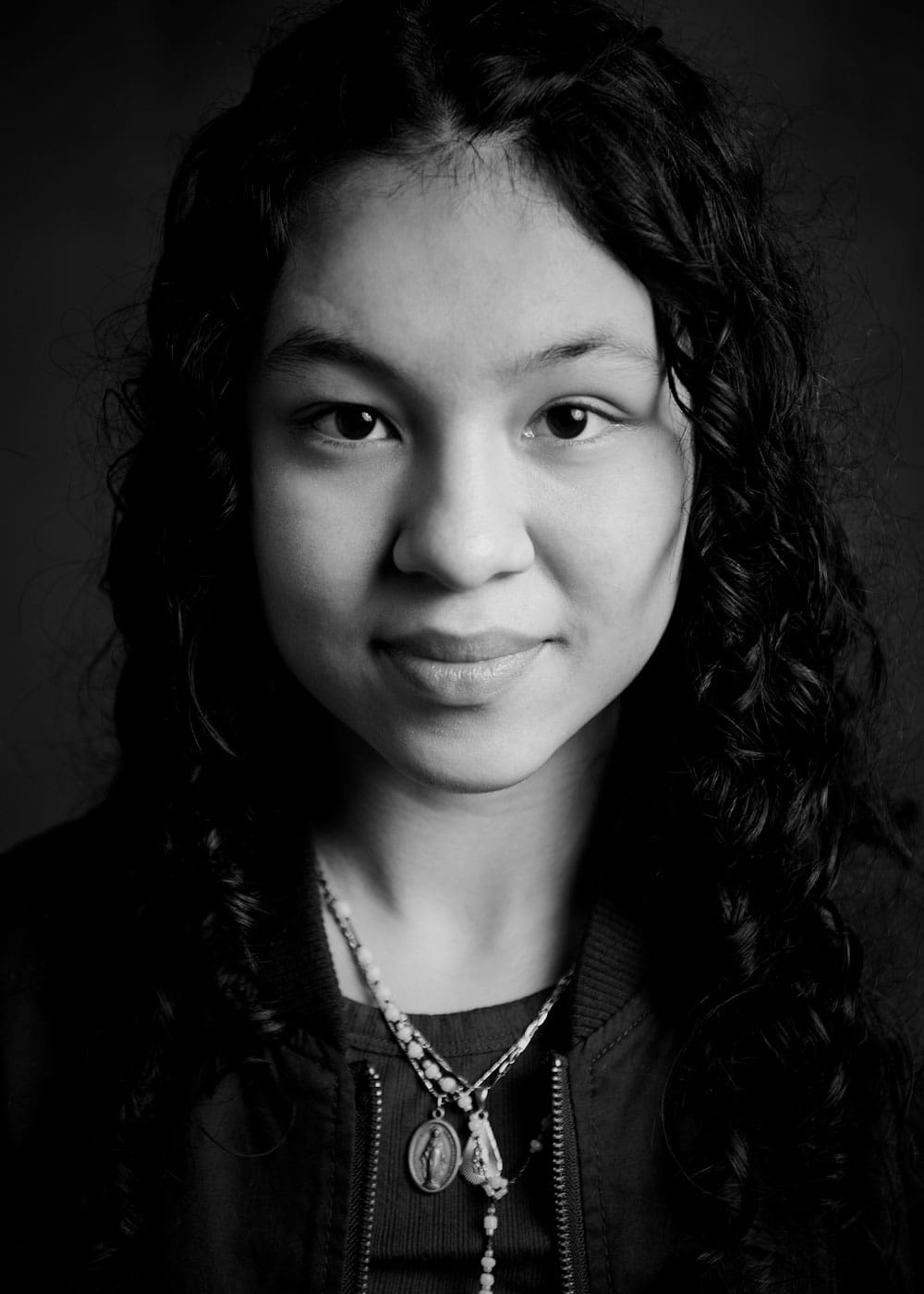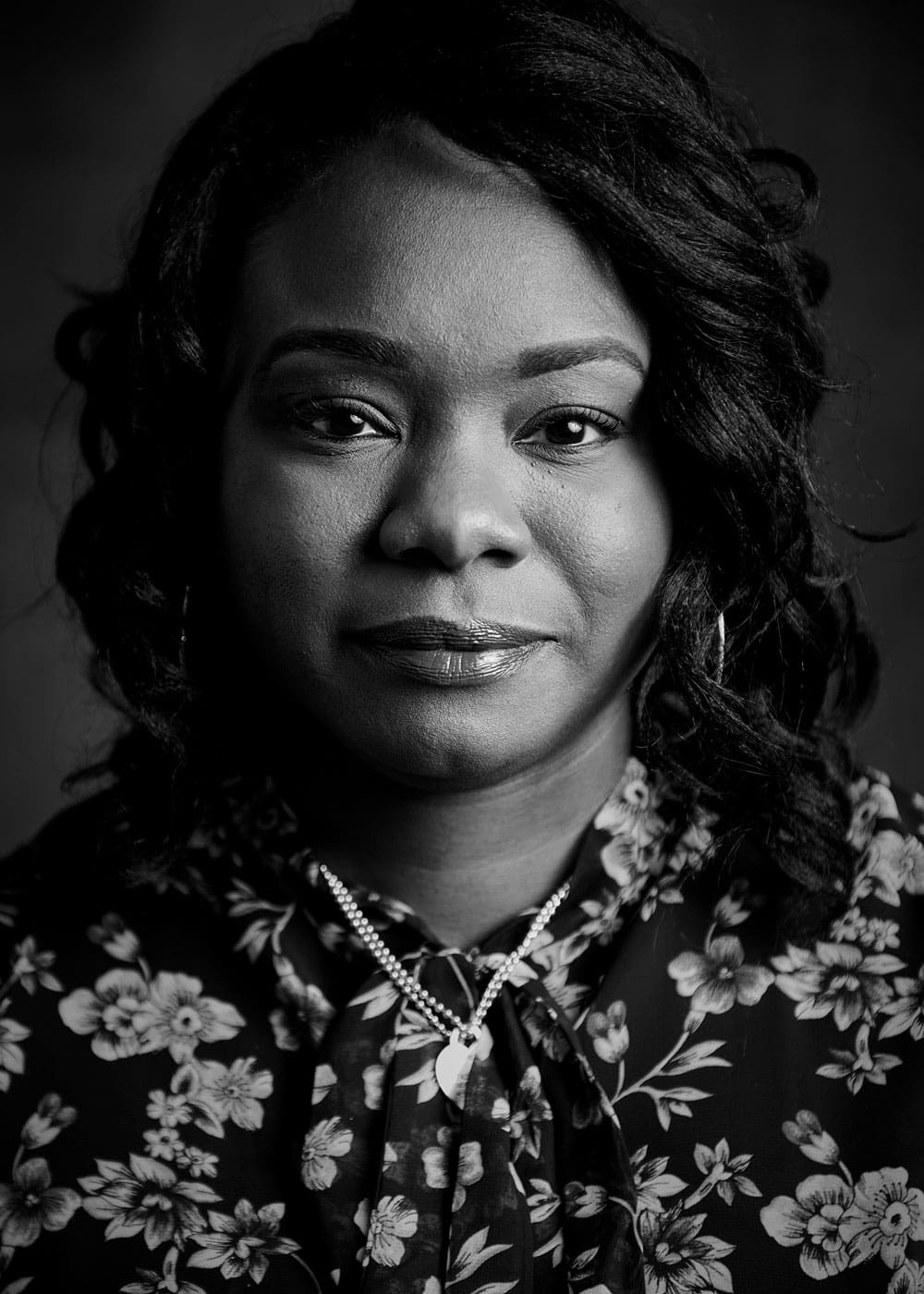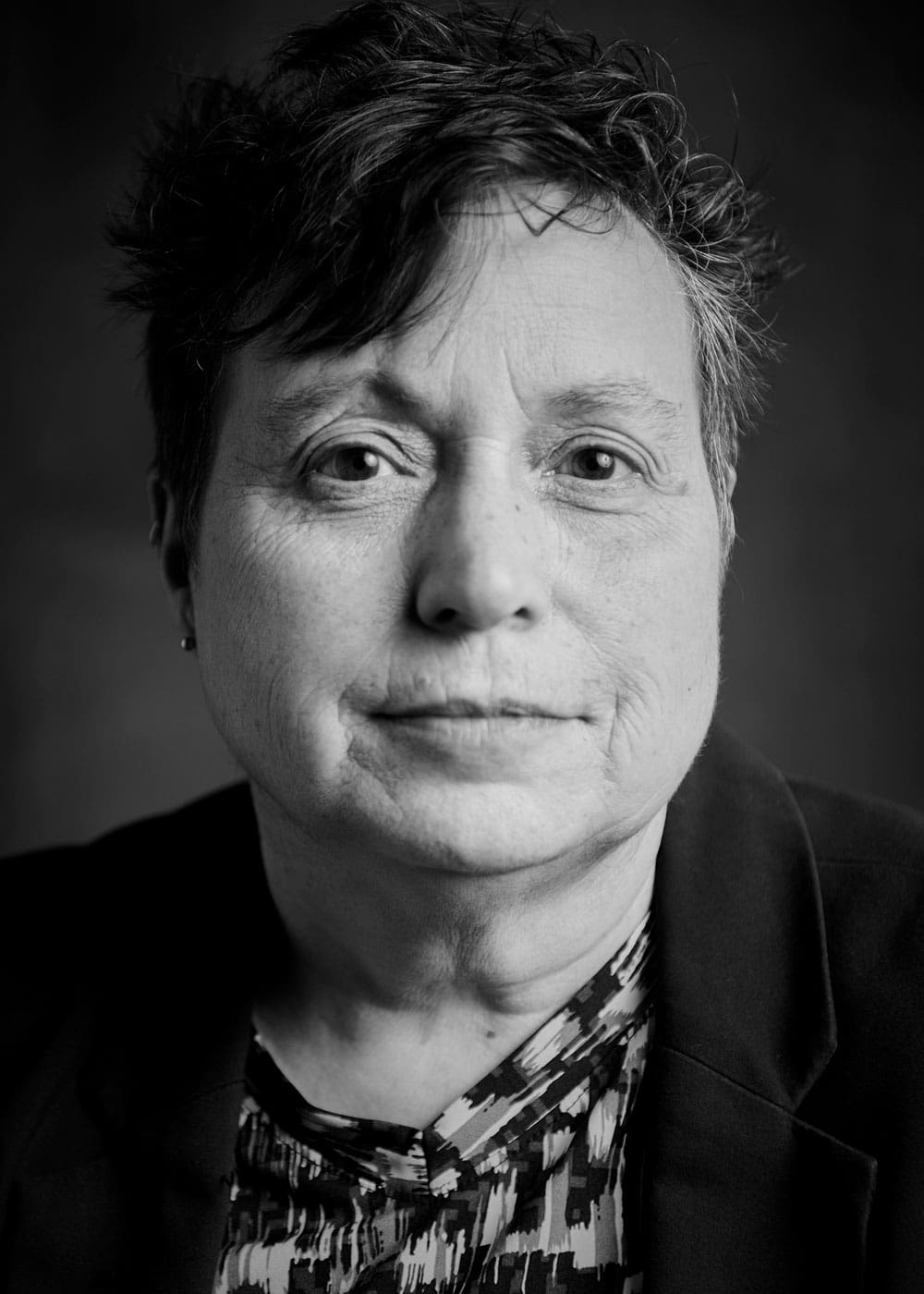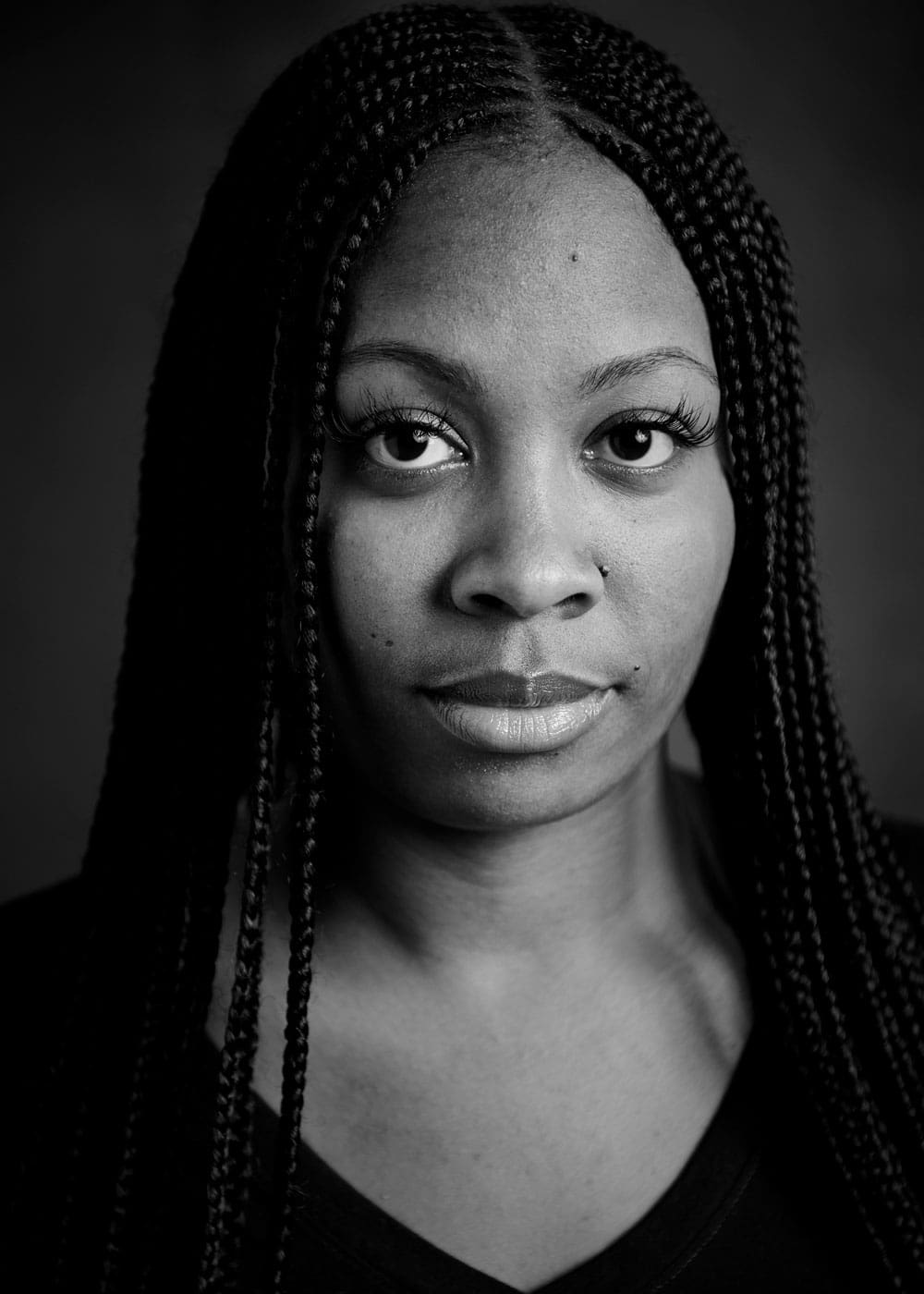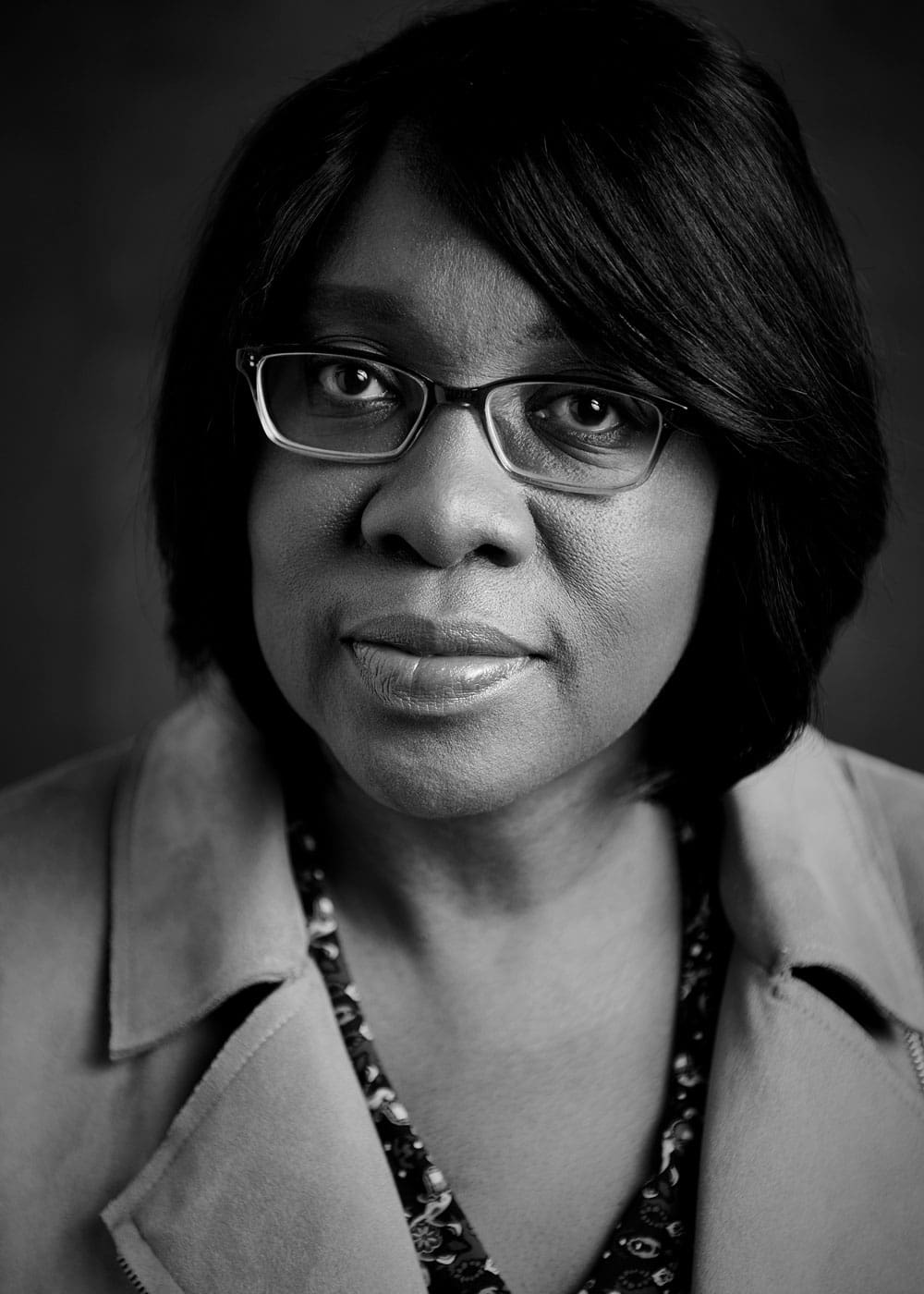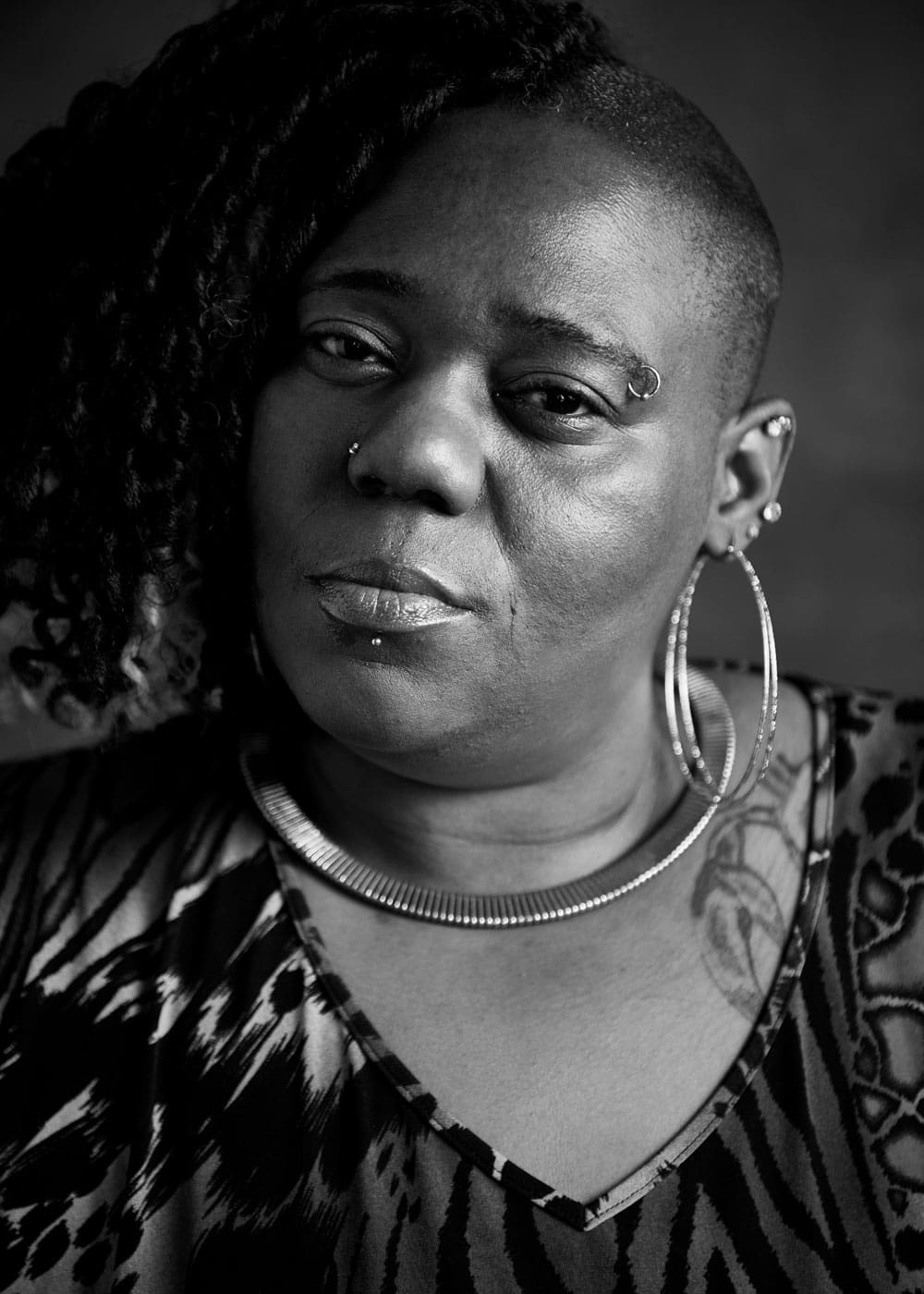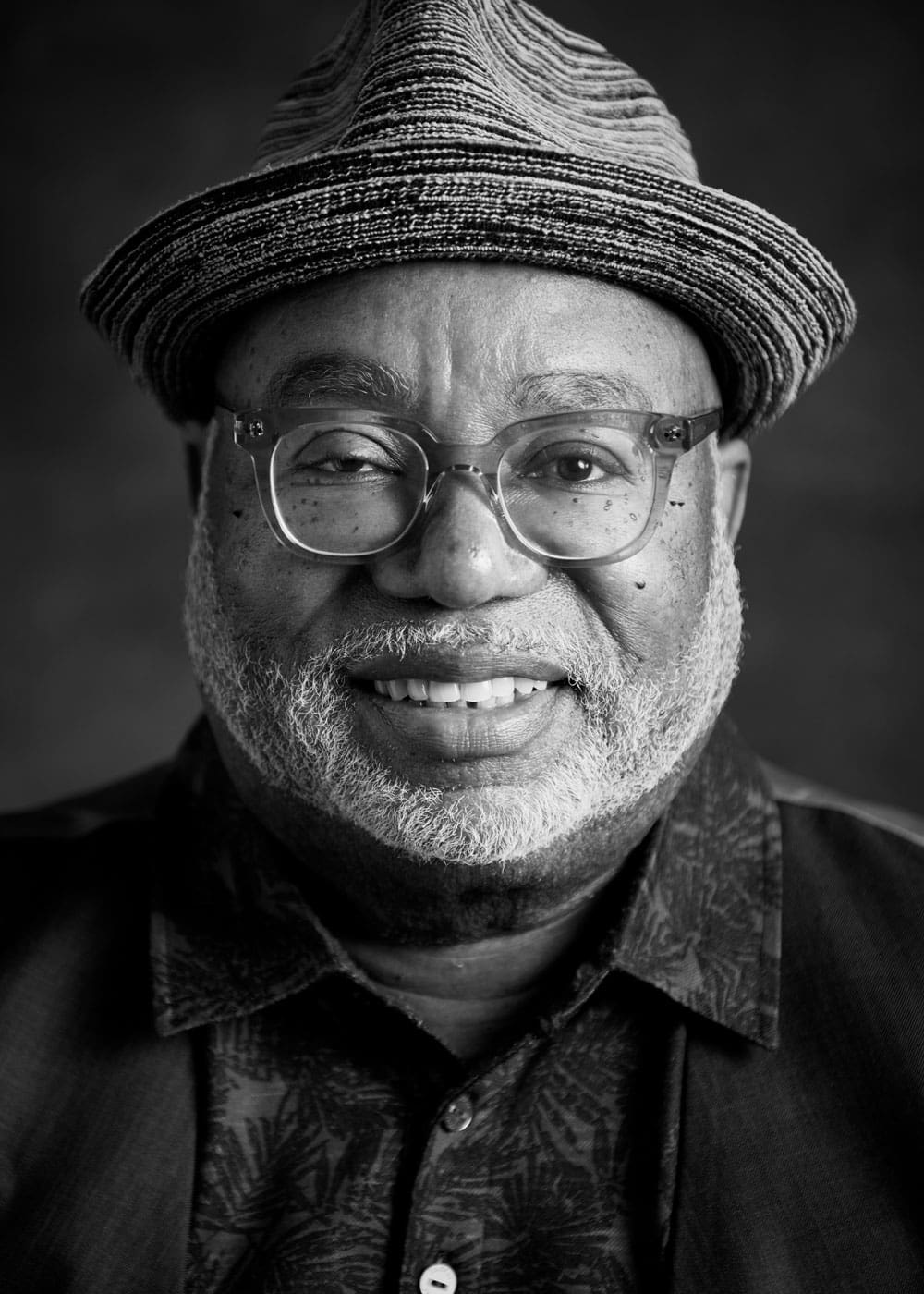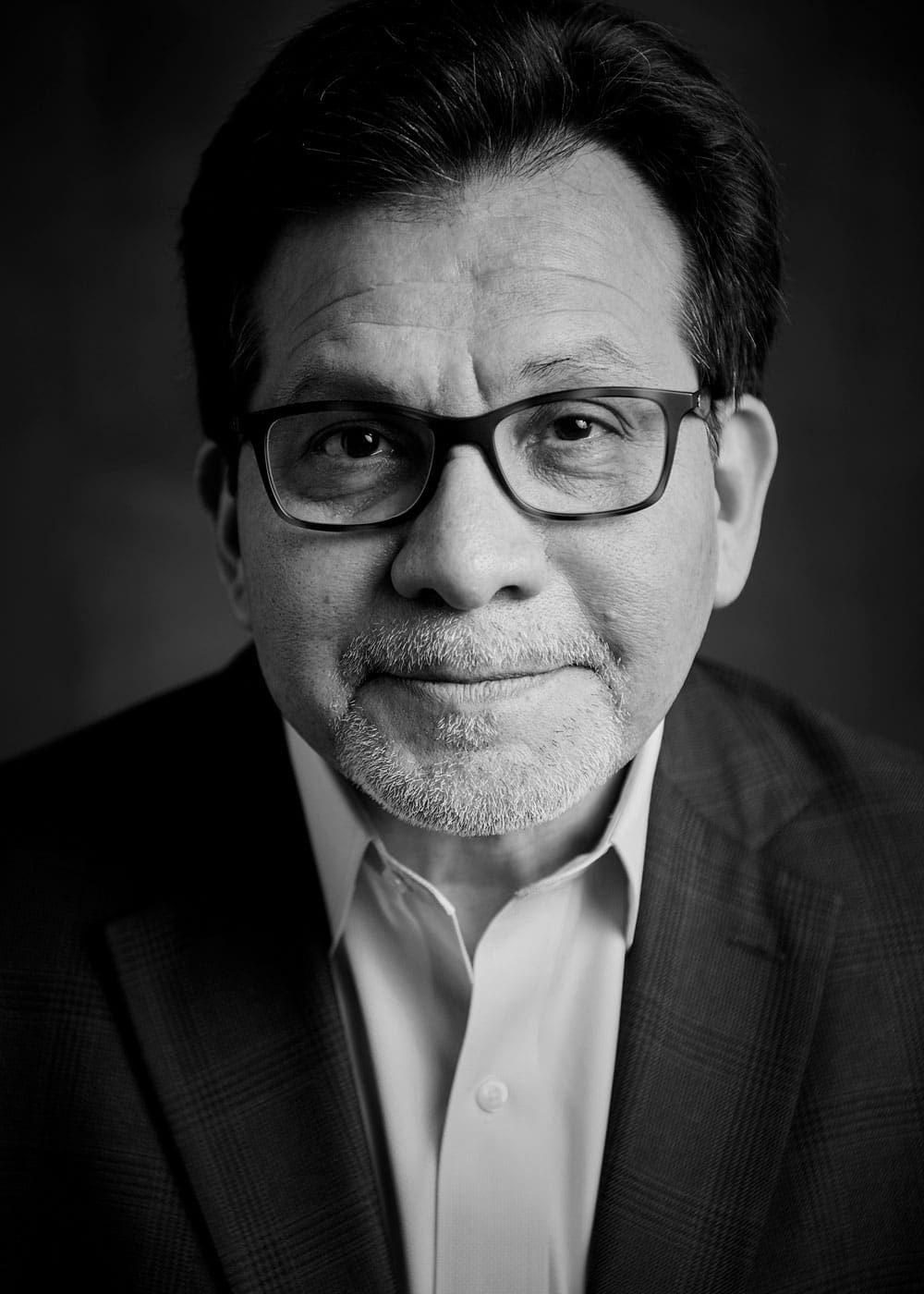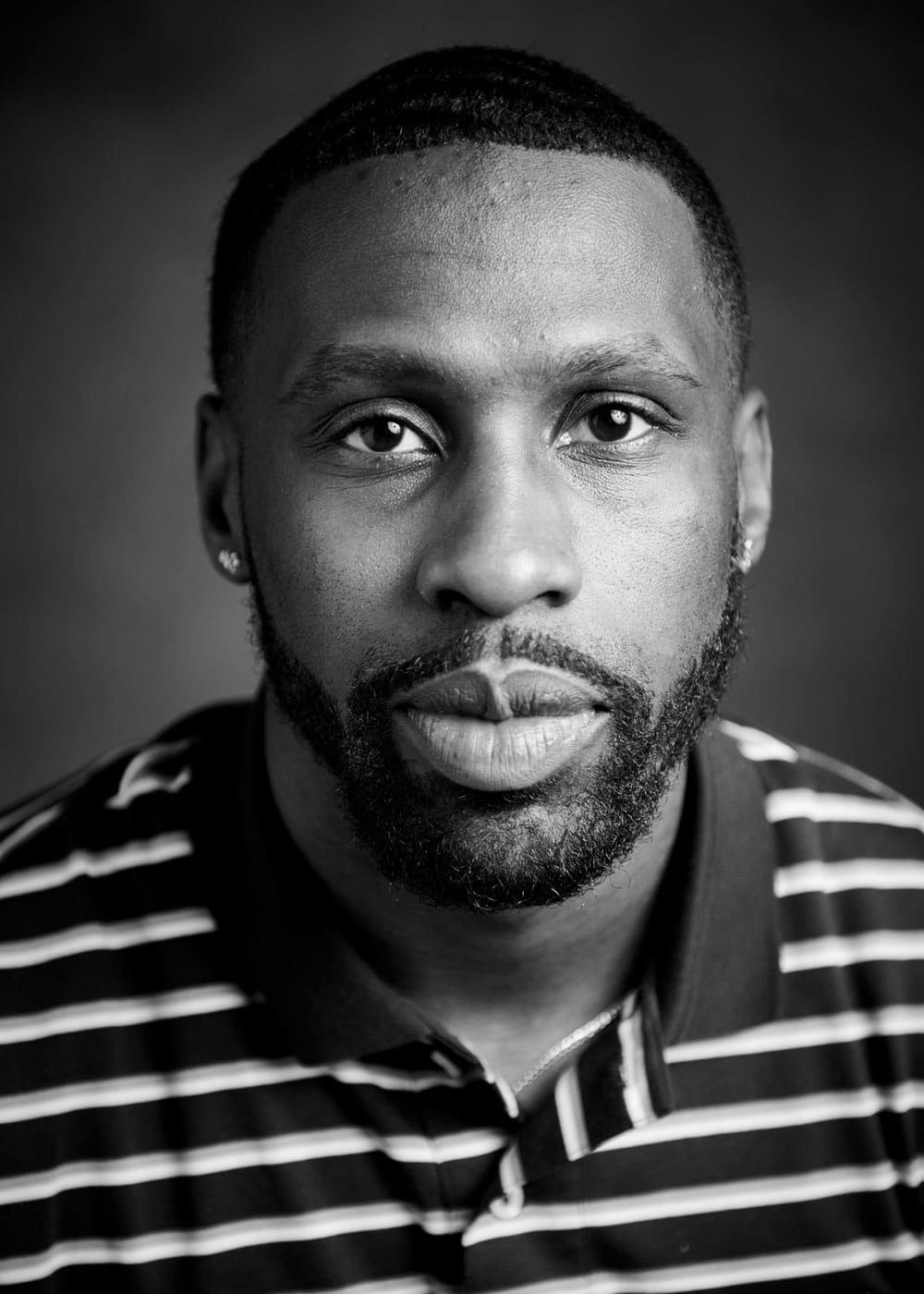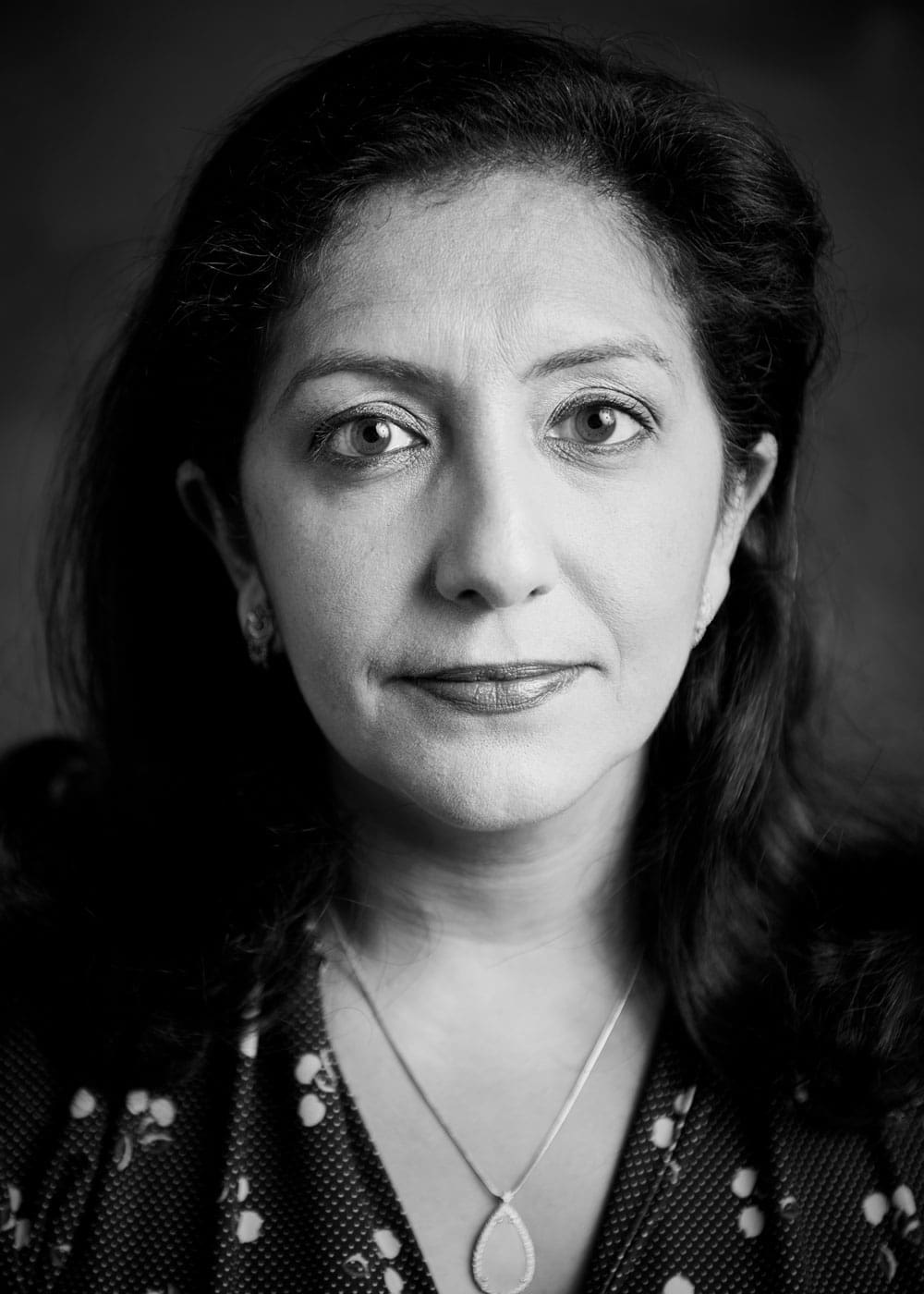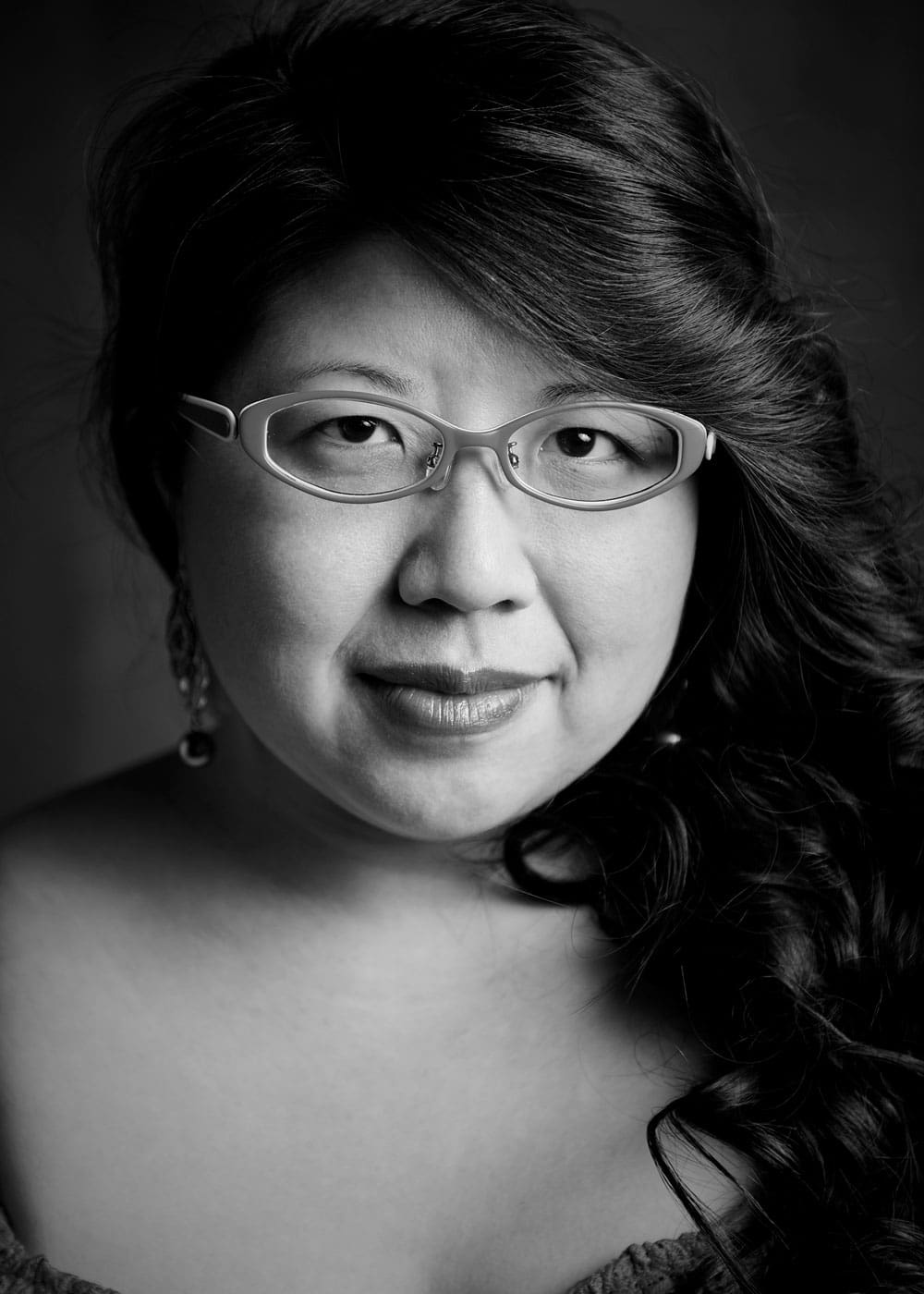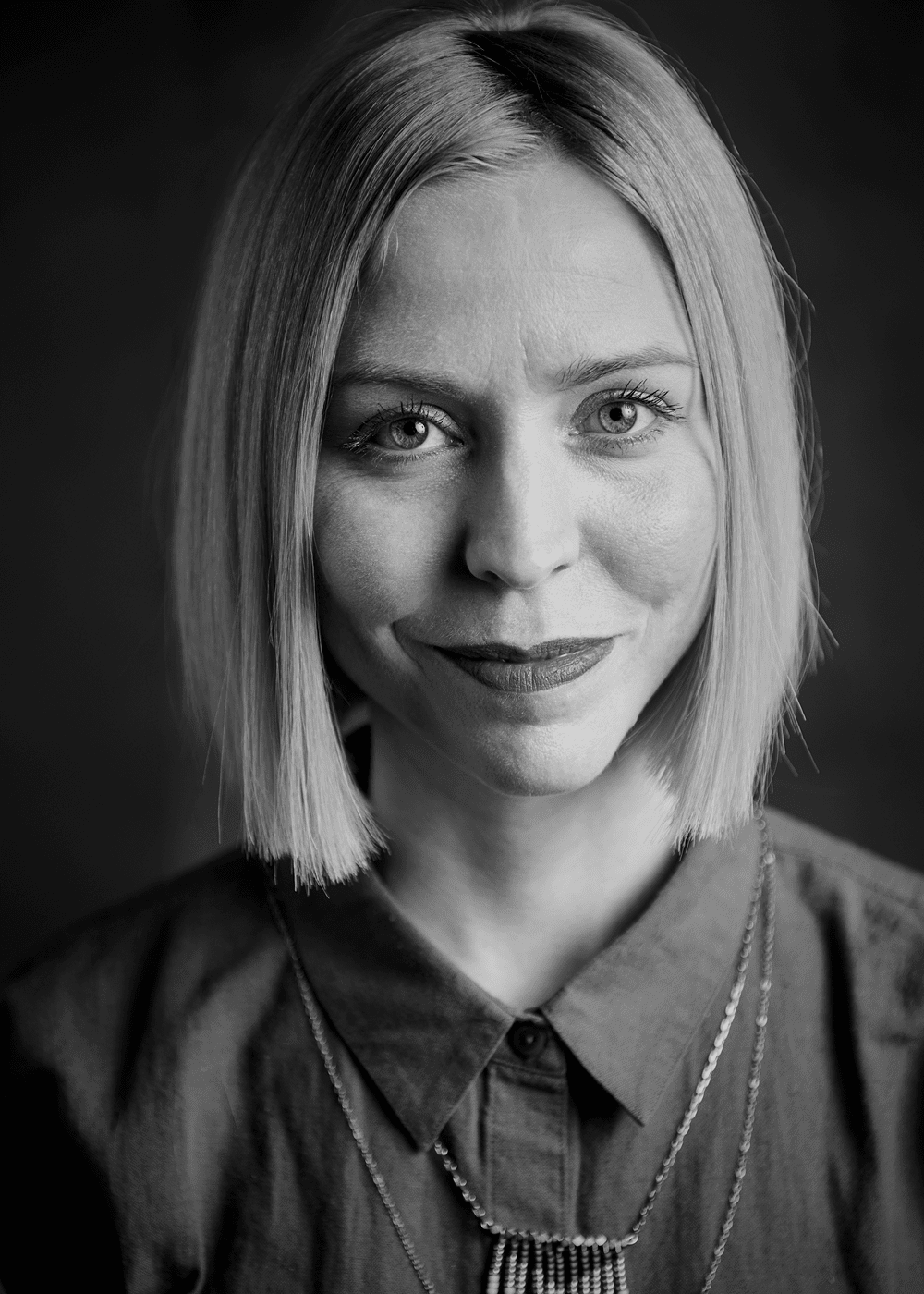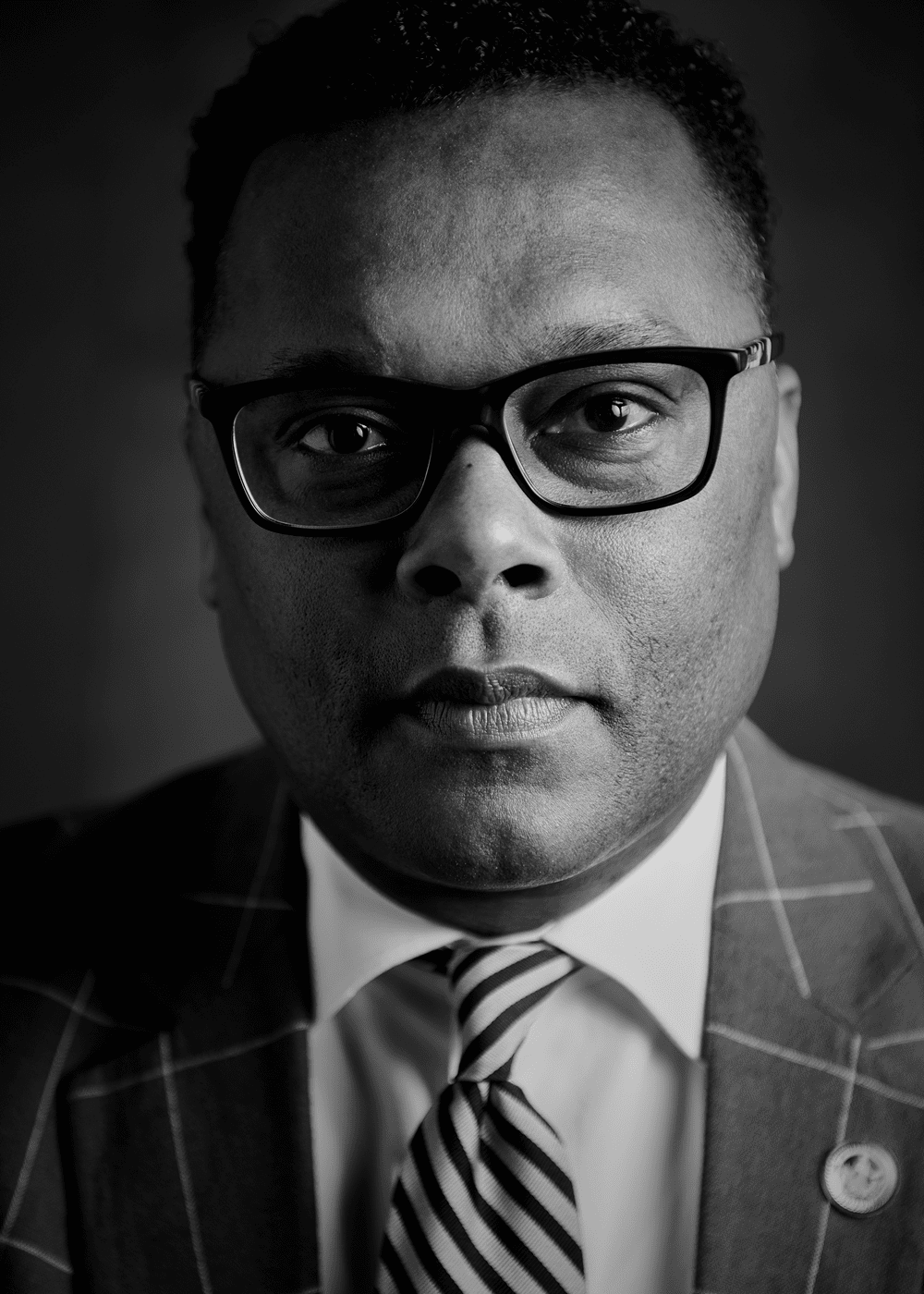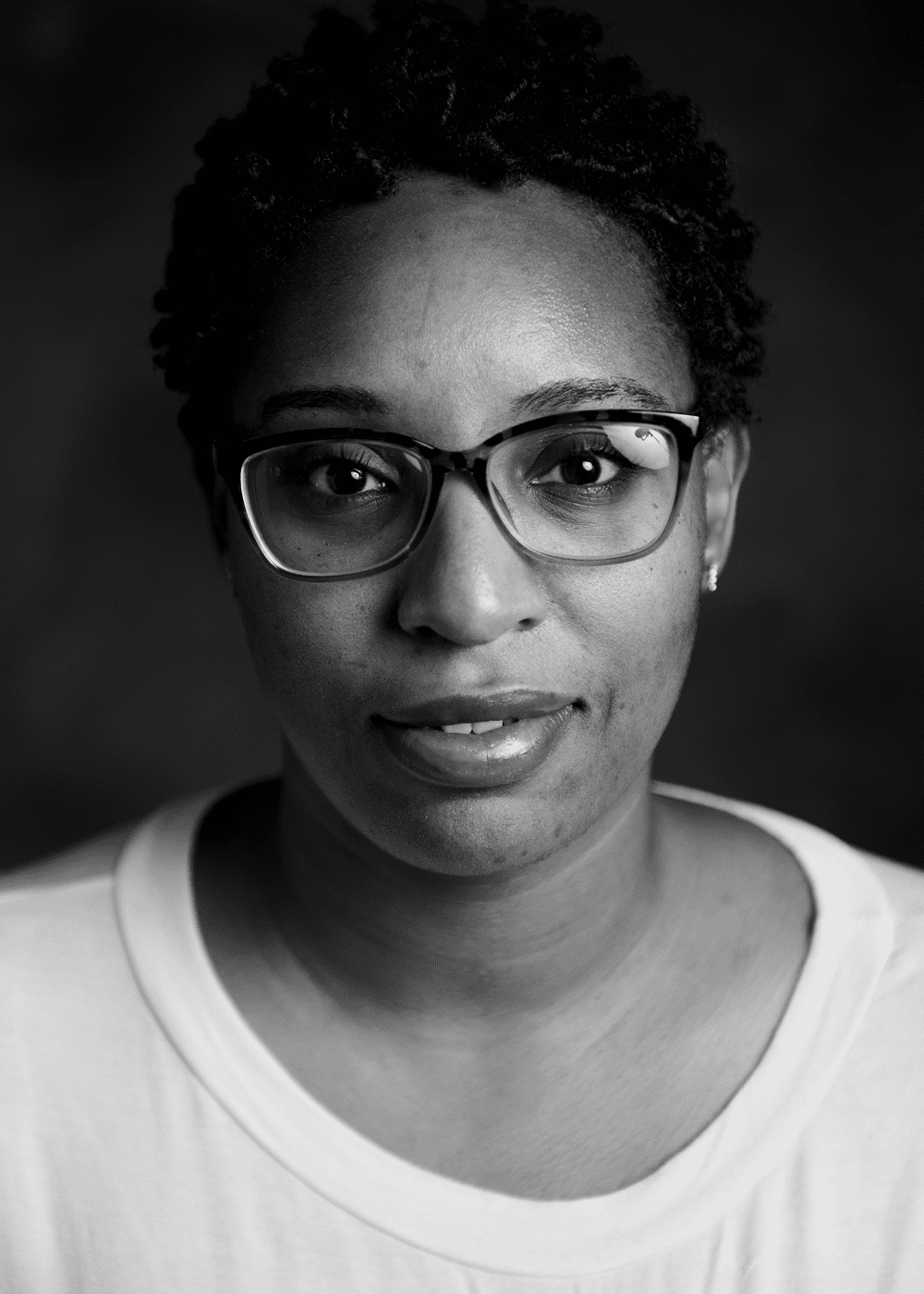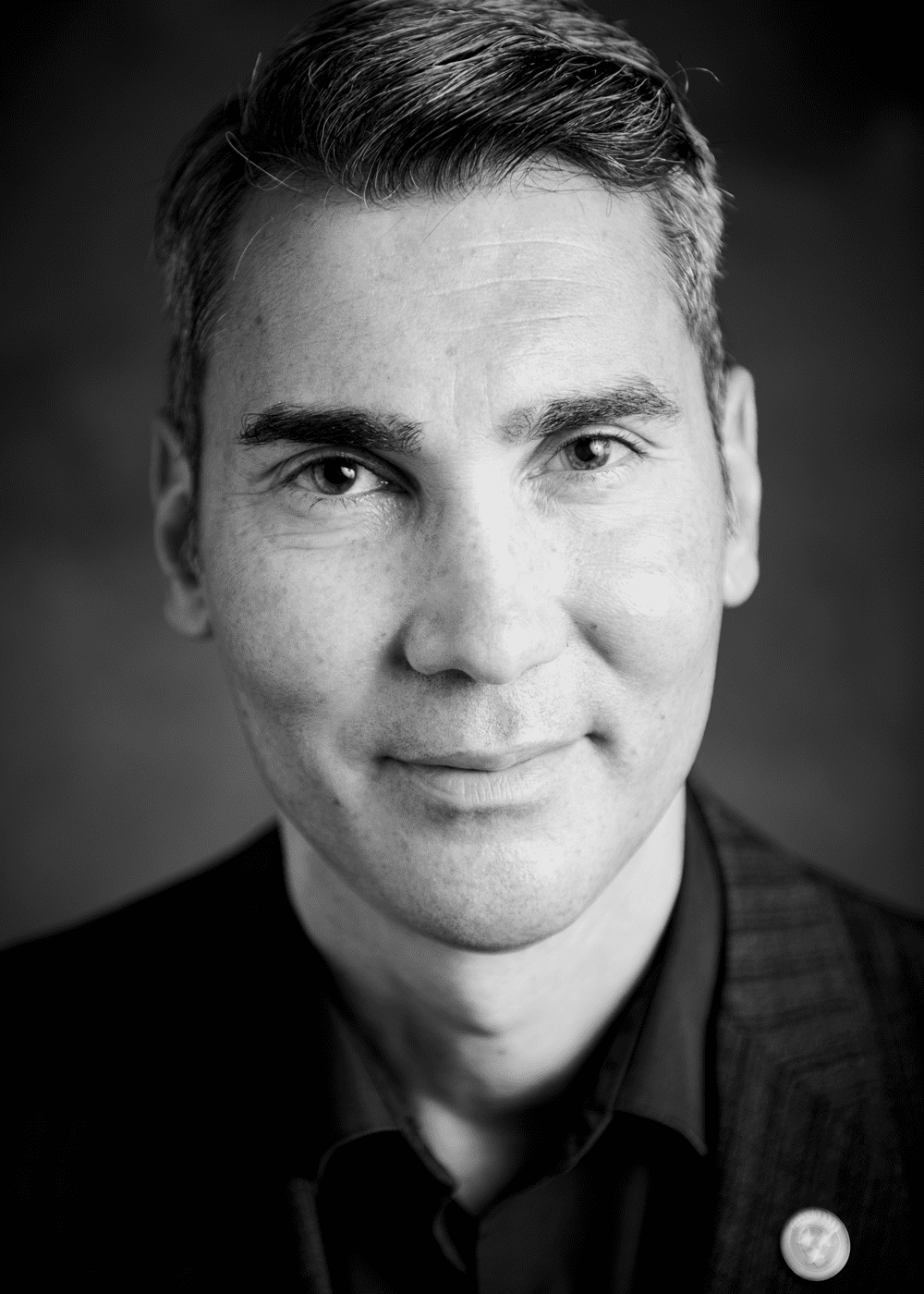When she’s not studying to maintain her 3.9 grade point average, she’s writing to her senators, lobbying for tuition equality and marching for immigrant rights. She even recently landed a perfect score on the ACT’s reading section, despite English being her second language.
Jaquelin and her family came to the U.S. from Mexico in search of a better life when she was just two years old. She’s a DACA recipient and uses her perspective and platform to be a strong advocate for her peers and for the Latino community at large, a voice she’s honing through the Oasis Center’s International Teen Outreach Program (ITOP) at her school.
“It’s not just my obligations to my family or my obligations to myself,” Jaquelin says. “I have an obligation to my community.”
Jaquelin joined ITOP when it began at Lead Academy almost two years ago. The program gives teens like Jaquelin the space to explore their identity and build friendships with other like-minded young people. It’s a community for teens who want to create real, positive change in Nashville.
As part of United Way’s efforts to build strong, healthy communities, programs like ITOP are bringing people together to make connections.
Since joining, Jaquelin has naturally emerged as a leader among her peers.
“She’s always stuck out as an incredibly strong student,” says ITOP specialist Hannah Beath. “And someone that people want to rally behind because she is so strong and empathetic and smart and just a very innate sort of leader. She’s incredibly smart and really insightful.”
Hannah recently read another student’s scholarship application where the prompt was to write about someone who inspired them. This particular student wrote about Jaquelin.
“She wrote about Jackie’s kindness and she kind of showed her what other people were going through,” Hannah says. “I think a lot of people—especially teenagers—go through life with a very kind of narrow focus and don’t always understand or have the capacity to understand what others are going through. But for another 18-year-old to say ‘I recognize this kindness in you and your ability to make me think about the world in a different and bigger way,’ it’s beautiful.”
Hannah says ITOP is a multi-layered approach focused on empowerment, exposure, service learning and culture. The students work on empowerment programing in school once a week where they share their different cultural identities and work to understand each other’s communities.
“I think ITOP is important because it’s the only space where they’re getting to have these conversations where they can really explore their identity,” Hannah says. “They know their identity isn’t just tolerated; it’s celebrated. Then to have friends who share similar experiences. It’s beautiful to watch friendships develop between each other.”
Most ITOP students bank about 40 hours of service learning each year at various community nonprofits, along with attending cultural and arts events throughout Nashville.
For Jaquelin’s parents, education was—and still is—their top priority for Jaquelin and her siblings. They’ve made sacrifices so that Jaquelin could focus on her studies, take AP courses and go to college. She’s working on scholarships and hopes to attend either Lipscomb University or Trevecca University and to major in psychology, with the ultimate goal of becoming either an educational or clinical psychologist.
“I really see her becoming someone who is the face of this movement to create a more equal society, whether that’s in Nashville or that’s nationally,” Hannah says. “Everything about her is just so community-minded. I don’t see her slowing down.”
Apart from Jaquelin’s parents’ deep support of education, they are very active in local politics and encourage her to advocate for tuition equality, an issue that affects many immigrant students. Not being able to receive affordable, equal tuition—and in turn, an education—can be a huge barrier to success. When young people aren’t able to afford an education, their chances of securing a higher-paying job lessens, fueling economic inequality among the immigrant community.
“We are students trying to get our education,” Jaquelin says. “I feel like we should pay the same price that citizens pay as we are all working toward the same goal of success.”
ITOP encourages teens like Jaquelin to find their voice by giving them the confidence and supportive space to navigate complex topics that young people face.
Hannah says there is often fear surrounding advocacy in the immigrant community, especially in teens. But ITOP encourages teens like Jaquelin to find their voice by giving them the confidence and supportive space to navigate complex topics that young people face: relationships, peer pressure and identity, among others.
“There’s a lot of feeling like you need to hide in the shadows, but for her I think her growth journey has been coming out of the background and demanding to be seen by her community,” she said. “She was talking to me this morning about Day on the Hill and she said, ‘You know, I could be scared or I could just be scared and do it anyway.’ ”
“If someone has to do it,” Jaquelin says, “why can’t it be me?”

